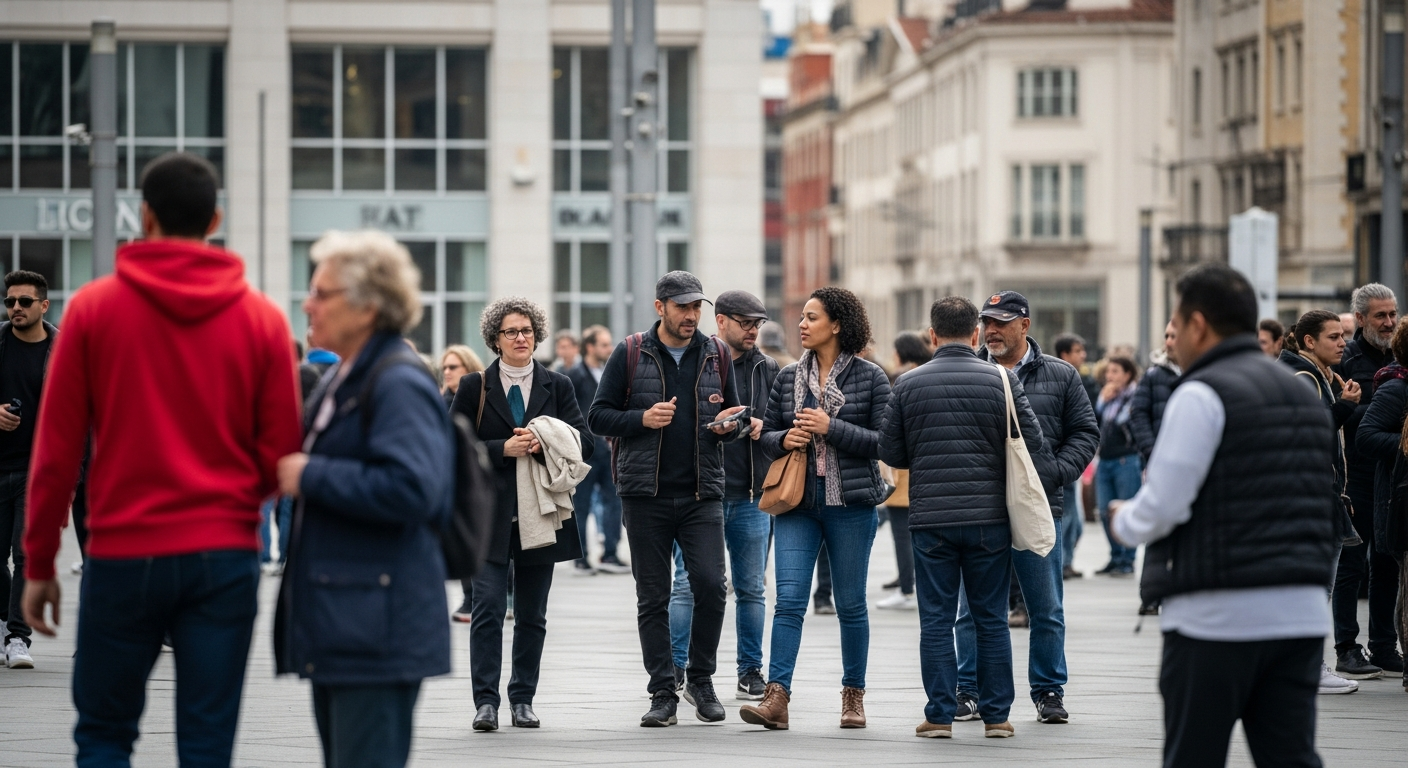The Emergence of Slow Living: A Societal Shift Towards Mindfulness
In a world that's constantly on the move, a growing number of individuals are choosing to step off the fast track. They're embracing a lifestyle known as "slow living," a movement that encourages a more mindful, deliberate pace of life. Read below to delve deeper into this fascinating societal trend.

A Historical Overview of Slow Living
The concept of slow living is not a new one. It has its roots in the Slow Food movement that started in Italy in the 1980s as a reaction to the spread of fast food chains. The movement aimed to preserve traditional and regional cuisine and promote farming of plants, seeds, and livestock characteristic of the local ecosystem.
Over time, this philosophy expanded beyond food, giving rise to the broader concept of slow living. This lifestyle encourages individuals to take a step back, to focus on quality over quantity, and to appreciate the present moment.
The Rise of Slow Living in Modern Society
In recent years, slow living has gained significant traction. This can be attributed to a variety of factors, including increasing stress levels, burnout, and a growing awareness of the importance of mental health.
Moreover, the COVID-19 pandemic has played a significant role in this shift. The lockdowns and social distancing measures have forced many to slow down, providing an opportunity to reflect on their lifestyles and priorities.
The Implications of Slow Living
The slow living movement has far-reaching implications. On an individual level, it promotes mental well-being, reduces stress, and improves quality of life. It encourages mindfulness, the practice of being present and fully engaged with whatever we’re doing at the moment.
On a societal level, slow living can lead to more sustainable consumption patterns. It encourages individuals to make more conscious choices, which can ultimately contribute to environmental sustainability.
The Research Behind Slow Living
Various studies support the benefits of slow living. Research indicates that mindfulness can reduce stress and improve mental health. Additionally, a slower, more conscious lifestyle can lead to more sustainable consumption patterns, contributing to environmental conservation.
The Future of Slow Living
The slow living movement is likely to continue gaining momentum in the future. As individuals and societies grapple with the challenges of modern life, the appeal of a slower, more mindful lifestyle is likely to grow.
In conclusion, slow living represents a significant shift in societal attitudes towards life and consumption. It offers a refreshing counterpoint to the fast-paced, consumerist lifestyle that has become the norm in modern society. As we move forward, it will be interesting to see how this trend evolves and shapes our world.






